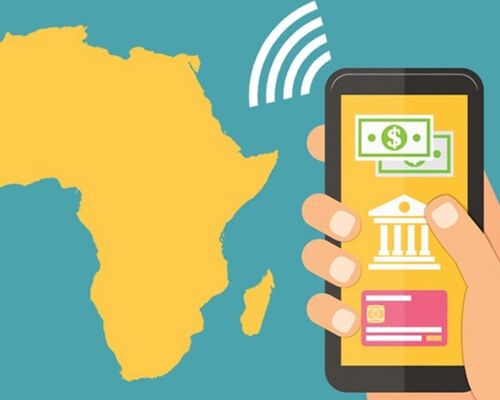It is well known that remittances have kept Sub-Saharan Africa ticking for many years. Millions have fled their countries of birth due to economic crisis or war crimes. Desperate to provide for their families they have braved new worlds, often finding themselves in nations where they do not so much as speak the language. As their families’ only hope, migrants have taken up menial jobs that local residents regard as beneath them. The majority of those significantly small wages are sent home every month. These salaries are what those left at home depend on for all their needs such as food, water, medical supplies, clothing, school fees and transport. In some instances, these funds are utilised to assist their loved ones to start informal businesses.
Over the years remittances to developing nations have reached over 500 billion USD annually. These nations depend on these funds to inject life into their economies. GDP is significantly impacted by these remittances. For instance, in South Sudan it is estimated that remittance flow made up 34,4% of the country’s GDP.
It is reported that Sub-Saharan Africa is the most expensive region to send money to due to lack of competition. It can cost up to 9% of the value of the transaction. For migrant workers that earn very little this can be prohibitive. A study has shown that South Africa is one of the most expensive countries to send money from; this is concerning as it hosts the bulk of migrant workers on the continent. It is imperative that organisations such as Uhuru Wallet grow their base and take up space to ensure that migrant workers have alternative solutions to send money home and support their families in their home countries. By enabling migrants to pay for utilities and services such as airtime and DSTV (cable TV) for the families back home on their platform Uhuru not only provides convenience but reduces the cost of those transactions.
Through innovation and strategies such as tokenization, the world of remittances is constantly changing and starting to benefit those that have given up everything they know for their survival as well as their families’. Technology has become the great equalizer and is bringing much needed competition into the market. We will surely continue to see continued innovation as more African start ups pop up and are getting funding and recognition in the space.

6 replies on “Migrant Workers and Remittances”
I got what you intend,bookmarked, very decent website.
I am incessantly thought about this, thanks for posting.
Some really great info, Gladiola I detected this. I’m not spaming. I’m just saying your website is AWSOME! Thank you so much! Please vist also my website.
Really nice design and good subject material. Please also check my website. I love cars!
Thanks for your ideas. One thing I have noticed is that banks and financial institutions know the spending habits of consumers and understand that most people max out their credit cards around the holidays. They wisely take advantage of this fact and start flooding your inbox and snail-mail box with hundreds of 0 APR credit card offers soon after the holiday season ends. Knowing that if you are like 98% of the American public, you’ll jump at the chance to consolidate credit card debt and transfer balances to 0 APR credit cards. cbbbbbi https://headachemedi.com – Headache pain medications
How is it that just anybody can publish a weblog and get as popular as this? Its not like youve said something incredibly impressive more like youve painted a pretty picture above an issue that you know nothing about! I dont want to sound mean, right here. But do you genuinely think that you can get away with adding some fairly pictures and not really say something?